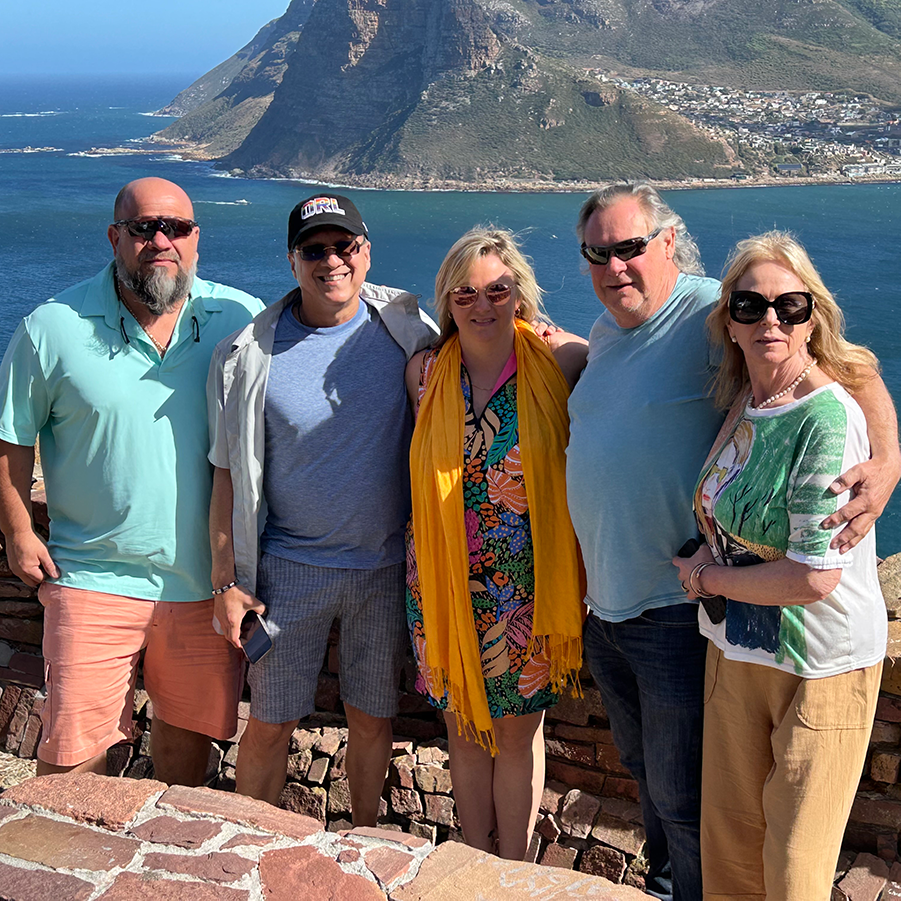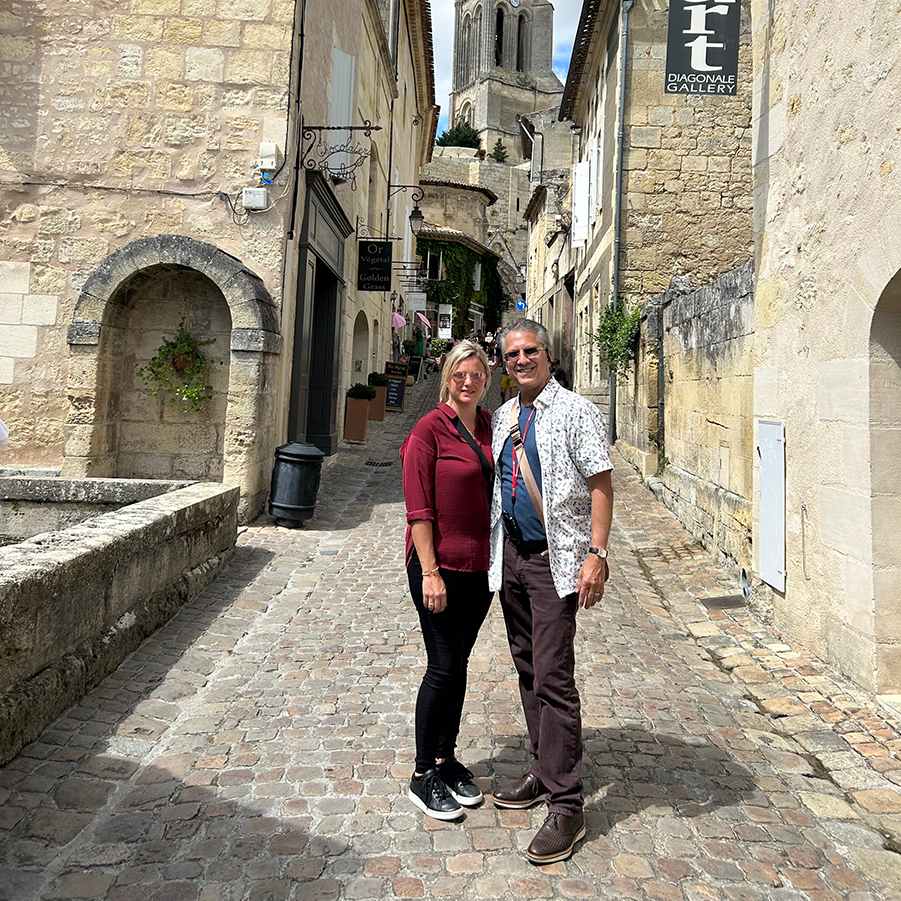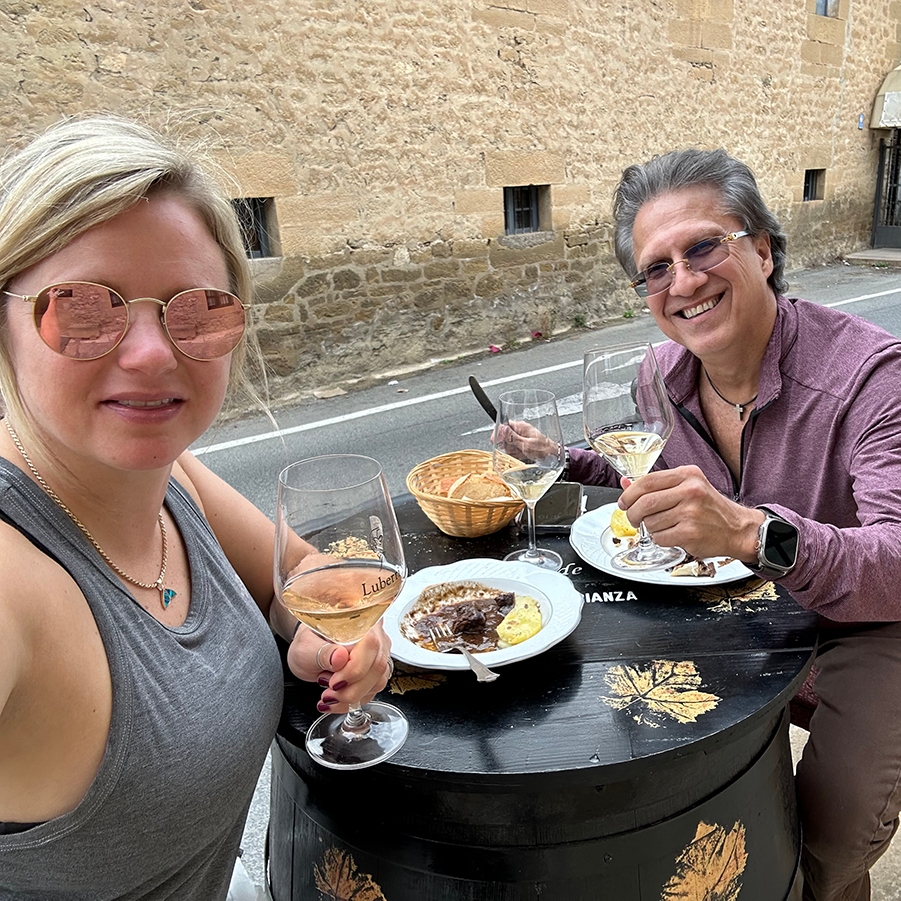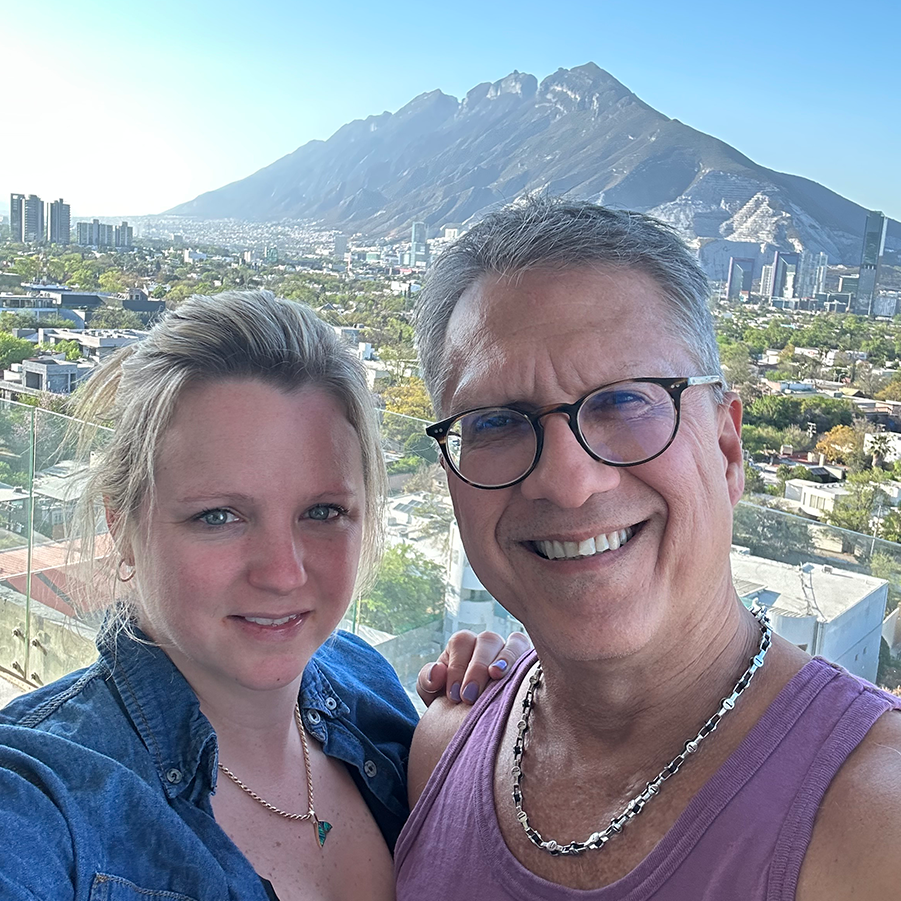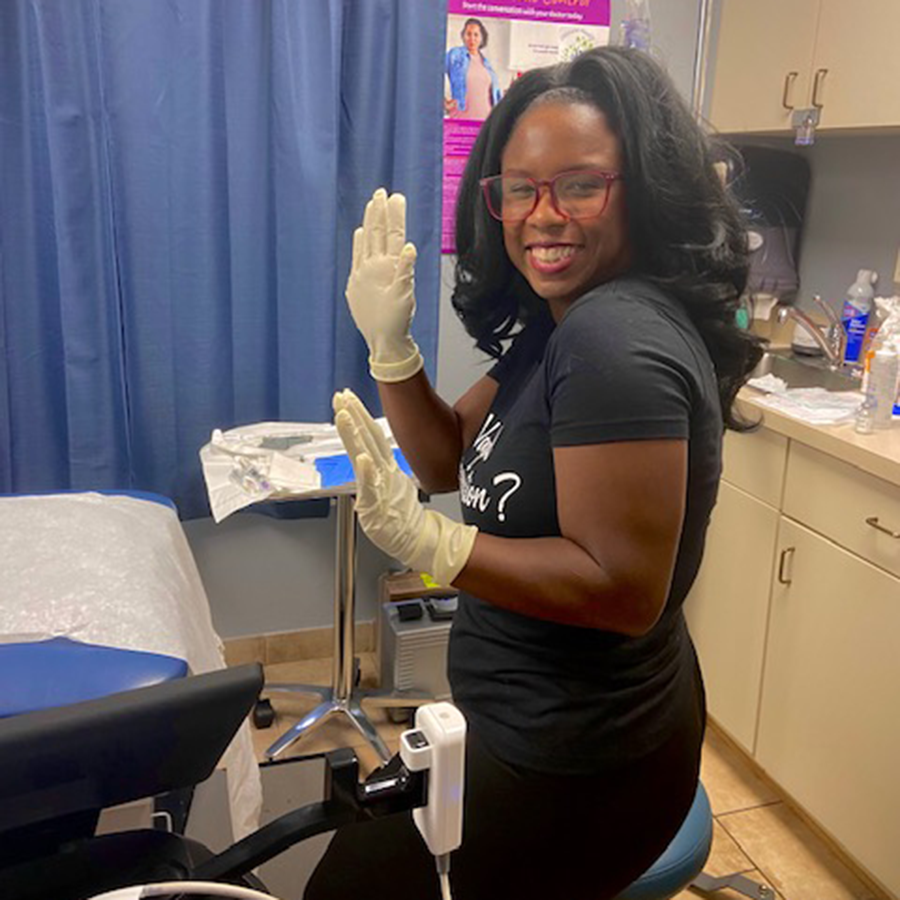Happiness: Commonly Used Word – Emotion Rarely Achieved
We seem to use the word “happy” a lot in our society.
There is happy hour, our happy place and Snoopy’s happy dance. We have Happy Meals and become happy campers. Disneyworld is the happiest place on earth and Finland has been named the happiest country seven years running. Even the Girl Scouts have a happiness badge.
But what is sustained, long-term happiness and how is it achieved? Is it an aspirational, lifelong pursuit, or are some people just built that way? The answer seems to be a combination of both.
The psychological and philosophical pursuit of happiness began in China, India and Greece nearly 2,500 years ago with Confucius, Buddha, Socrates and Aristotle. These philosophies moved through the Age of Enlightenment and continue to this day. Volumes of books trying to crack the code of what produces enduring happiness fill stores and websites globally.
The study of chemical and biological factors, however, is relatively new, and involves the brain, neurotransmitters, endocrine glands and hormones like dopamine and serotonin. Some studies suggest that genetic factors count for 35-50% of happiness, which we were born with, while environmental effects can be managed to overcome any chemical deficiencies.
In 1991, Dr. Martin Seligman, the father of positive psychology, said that optimists who are confronted with the same hard knocks as pessimists tend to believe that defeat and misfortune are temporary challenges. Dr. Seligman contended that even pessimists can improve their lives with daily practice.
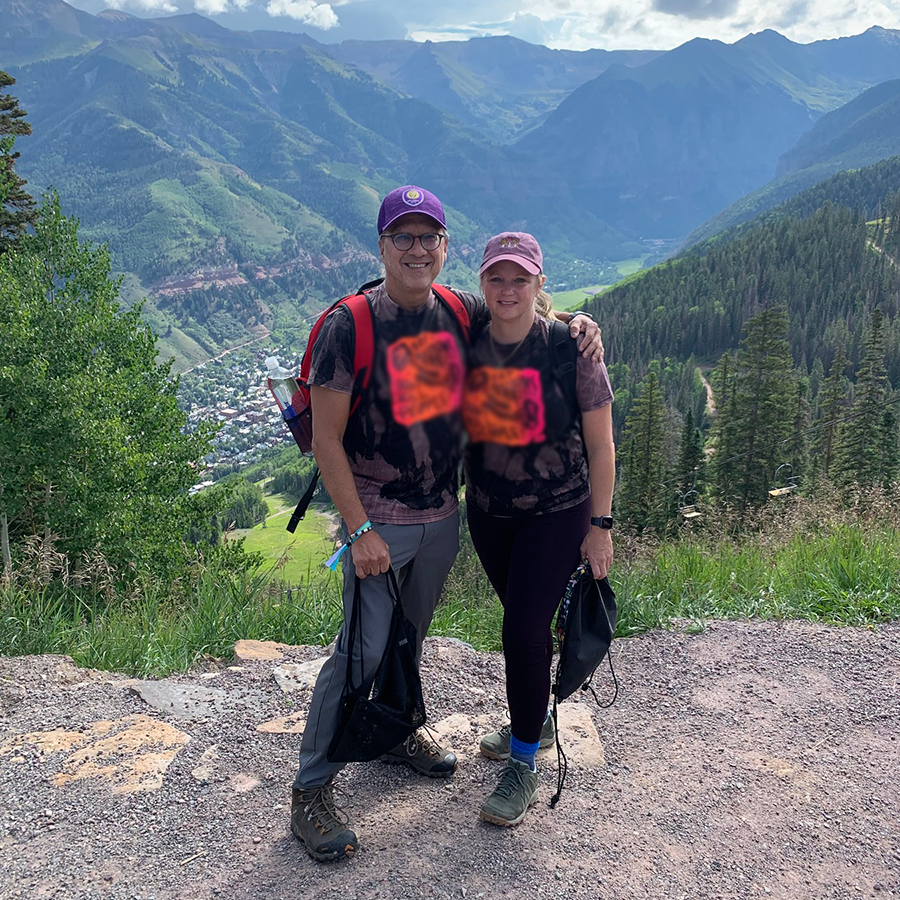
Dr. Jose Rosado with Alisha
Physical practices
You can boost hormone levels with positive lifestyle practices involving your diet, exercise, and meditation to improve mood. Studies show that within five minutes of cardiovascular exercise, you can feel happier as your brain releases serotonin, dopamine and other neurotransmitters. Even just walking can have a positive effect. Look for better ways to sleep and take time out to quiet your outside influences at least once a day.

Amanda Gaskin with Robbie Jr
Spiritual practices
Buddhism teaches that kindness and compassion are important in the pursuit of happiness. In Howard C. Cutler’s book “The Art of Happiness,” the Dalai Lama explains: “There is an inextricable link between one’s personal happiness and kindness. Increased compassion leads to even greater happiness.”
In other words, happier people tend to be more caring and willing to reach out and help others. Happy people deliberately cultivate greater kindness and compassion, which produces a greater sense of happiness and well-being.
Leesburg cardiovascular surgeon Jose Rosado, who was born in Puerto Rico, says he has always been a happy positive person.
“My parents reminded us that if there was some food on our plate, clothes on our back and a roof over our heads, life was good,” Dr. Rosado says.
Today, he creates his own happiness with a positive state of mind.
“I believe you choose to be happy no matter how you are or where you are, because somebody out there has it worse than you, and you always have to be thankful,” Dr. Rosado says.
He cites nature as a big inspiration. Little things often make him smile.
“Just waking up in the morning looking at the sunrise is inspiring,” Dr. Rosado says. “Or if it’s foggy, the mist blankets the field and if it rains, the raindrops will rejuvenate everything so at the end, having had a full day, knowing that all is well with my soul, is happiness to me.”
Local nurse practitioner Amanda Gaskin is known for her positive attitude and attributes her spirit to her family.
“I was born into a family that poured love into me from the get-go,” she says. “My parents were high school sweethearts and I am the first product of that love.”
The name Amanda means worthy of love or loveable. She believes her foundation for success was set when her mother named her.
Her faith is also a hallmark of her daily positivity.
“My faith in God is also the explanation for my happiness,” she says.
“My life has been full of adversity but I have always known that my help comes from above.”
Amanda works hard to focus on the positive while viewing negatives as learning experiences.
“In my work as a nurse practitioner I hear the worst of the worst stories from my patients, so it helps me to appreciate all the good in my life and I do,” she says.




